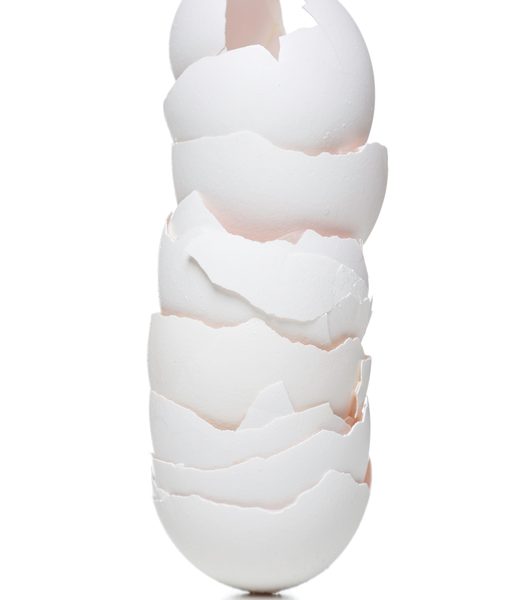That fatty substance found in our blood, cholesterol, plays a vital role in how every cell in our bodies work. Yet, it can also up our risk of heart disease and stroke if we have too much of it.
And it’s a common problem – according to a 2008 British Heart Foundation (bhf.org.uk) study, people with raised cholesterol levels in the UK ranged from 54-64 percent for men and 56-68 percent for women across different regions.
The good, the bad
There are two main types of cholesterol: LDL and HDL. LDL is the ‘bad’ type – if there’s too much of it in your blood, it can build up in your arteries, narrowing them. HDL is the ‘goodie’ as it helps remove excess harmful cholesterol from your bloodstream.
Taking control
The good news is we can manage our cholesterol levels through diet and exercise. Regular exercise helps to boost HDL and reduce LDL, and it can lower blood pressure. According to the NHS, doing 150 minutes of moderate-intensity aerobic exercise (enough to break a sweat) every week can improve your cholesterol levels.
One eggsample
There’s a common misconception that some foods, like eggs, have the ability to raise cholesterol. Over 40 years ago, researchers wrongly believed that cholesterol in eggs could up our risk of heart disease, but up-to-date research has disproved these findings. The latest studies show that for most people, eating seven eggs a week would have no impact on heart disease risk and could boost health significantly. “There are clear nutritional benefits to eating eggs on a regular basis for all age groups,” agrees dietitian Dr Carrie Ruxton. “With previous limits on egg consumption lifted, studies show that eggs may be useful for satiety and weight control.”
Similarly, other foods high in dietary cholesterol, such as prawns and kidneys, have been found to have little effect on the cholesterol in your blood. In fact, the amount of saturated fat we munch on has a far greater impact.
Get your fats straight
Cutting your saturated fat intake and going for unsaturated fats can help keep your cholesterol levels healthy. According to a report by the British Nutrition Foundation, eating monounsaturated fats, like those found in rapeseed oil, olives and nuts, can lower LDL without affecting your HDL levels.
Naturopath Emma Alessandrini, who works for health food retailer Revital (revital.com) agrees: “Mono and poly unsaturated fats have the ability to help lower blood cholesterol, and monounsaturated fats are the healthiest form of fats. You should try substituting saturated fats and trans fats for monounsaturated fats. Polyunsaturated fats are necessary for the production of omega fats in the body,” Emma points out.
Going lower
Foods that contain ingredients, like plant sterols and stanols, found in brands such as Benecol and Flora pro.activ, have been proven to lower cholesterol levels in a number of independent trials. But, only eat these products regularly if you need to lower your cholesterol levels – children, plus pregnant and breastfeeding women should avoid them.
Alongside a healthy diet and fitness routine, taking a supplement could also help keep your cholesterol rates in the safe region.
}



















